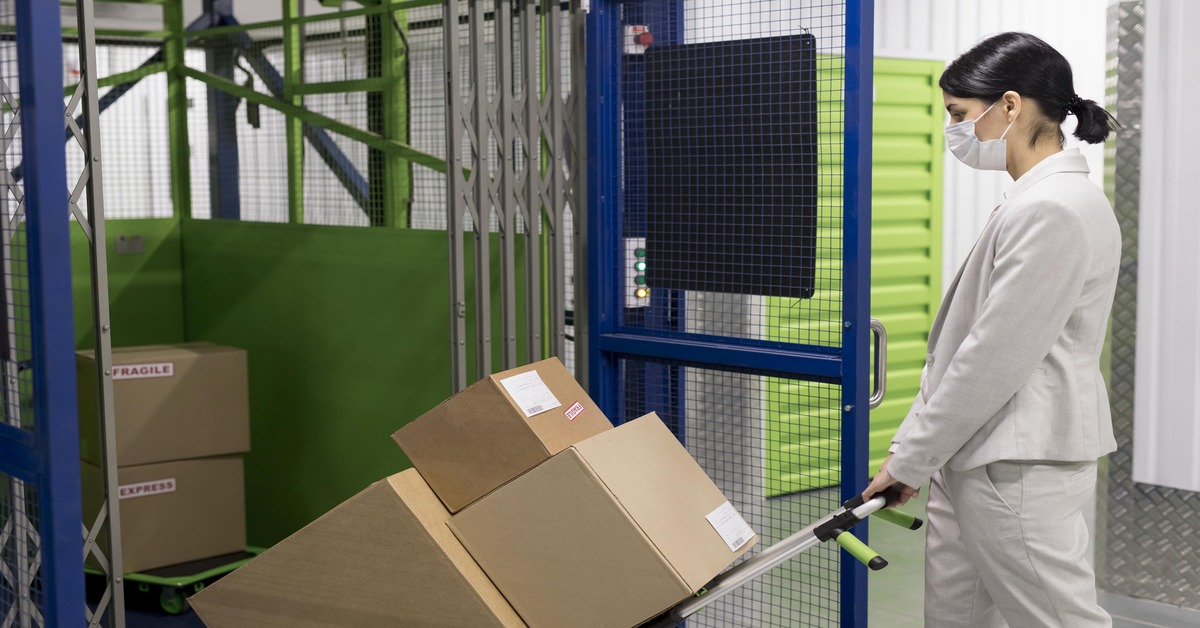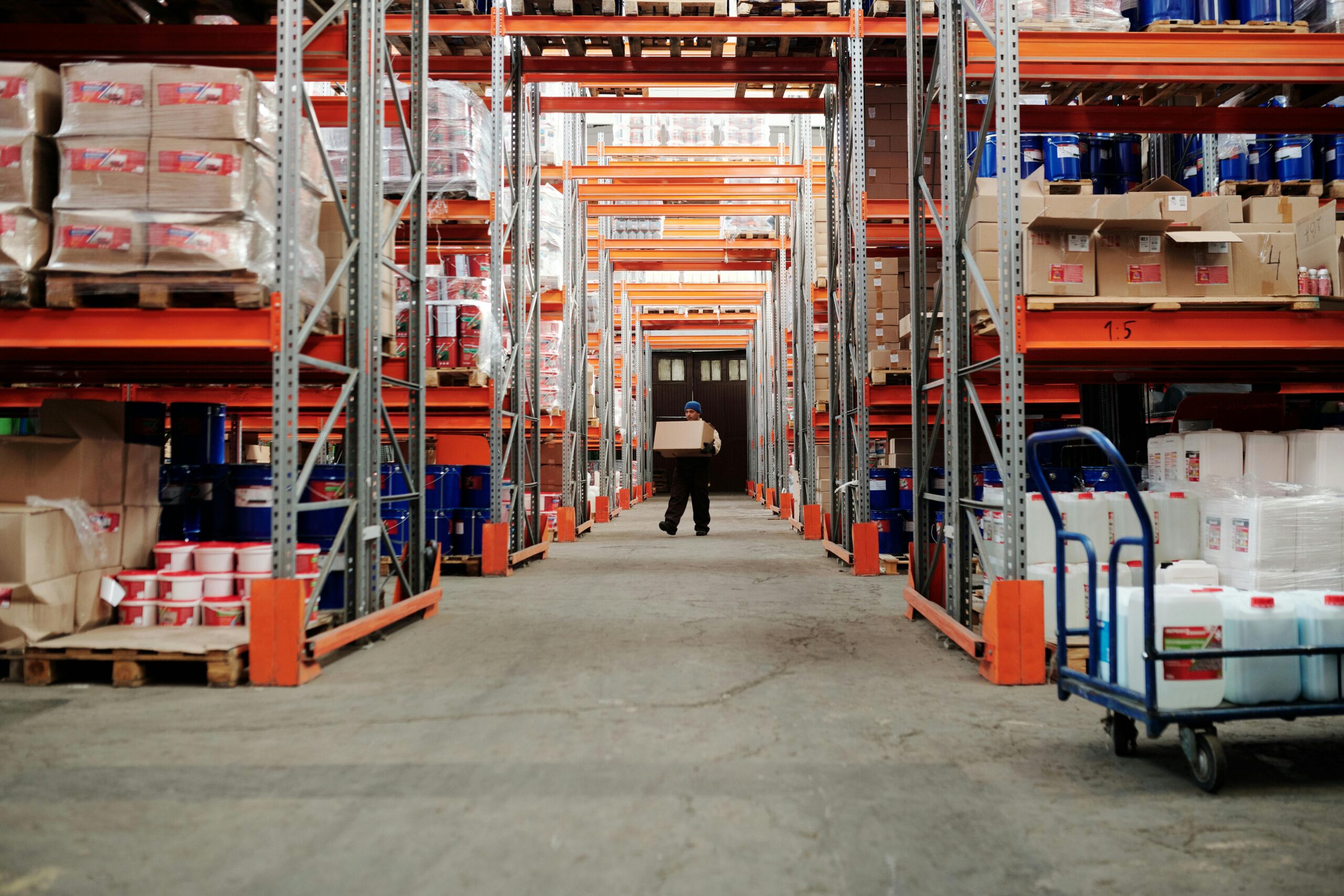Table of Contents
Are you about to relocate your office? While most office moves involve relocating to a larger space, this is not always the case. You may be looking to downsize into a smaller office space due to a tighter budget, a forced relocation, or simply a desire to streamline operations and cut costs. That is not to say that relocating to a smaller facility is without its challenges.
If you are considering downsizing your office space but are unable to decide, you should consider the following factors:
- Do you have clients who visit your office for in-person meetings?
- Is it necessary for your employees to come to the office, or can they work remotely?
- How much of your office space is in use?
Ask yourself these questions to determine whether downsizing your office space is a good option for you. If it is, then look at these five downsizing tips to make your move easier and less stressful:
1. Decluttering
The first step in any relocation is to declutter. This is especially important when downsizing your office because you do not want to waste time and money transporting unnecessary IT equipment, desks, office supplies, etc. Before you begin packing, go through your office and get rid of unwanted items that no longer serve a purpose.
For example, if you have boxes of old or broken computer parts, sort through them and recycle anything you do not need to take to your new location. If you have a stack of old desk chairs and back supports, decide what your employees will need to use and what can be discarded. This will free up extra space in your office and make moving everything into your new location much easier.
2. Use self-storage solutions
There are some items and pieces of equipment that you will not want to part, with but will not have room for in your new, smaller office. In this case, storage solutions may be useful. You can keep furniture and equipment safe and secure in a self-storage unit until they are needed.
Self-storage units provide an alternative to renting warehouse space. Instead of renting a large amount of space and paying monthly fees, you can store your belongings at a nearby facility. Furniture and electronics can be stored there until needed. And when it comes time to use those items again, you will not have to worry about them getting damaged because they are safely stored away.
When storing sensitive information, encrypt data from hard drives before storing them. This way, no one else will be able to access what is inside. If you do keep something private like confidential documents, make sure to sign up for 24-hour security monitoring, which Self Storage India offers!
You might want to keep spare chairs or desks in case they come in handy as replacement furniture one day. Consider removing hard drives or having the equipment wiped beforehand if you plan to store any important IT equipment; this will give you peace of mind that your company’s data is secure no matter what.
3. Invest in space-saving storage solutions
When downsizing your office, this is a critical step. To optimise your premises, you must utilise all available wall and floor space, and one excellent way to do so is to invest in space-saving storage solutions. Storage solutions that save space are an excellent way to make the most of every inch of wall and floor space. They do not take up much space and can be moved around the office without damaging the walls or floors.
You could, for example, install wall-hung cabinets to maximise vertical space or buy desks with built-in storage for your employees. Wall-mounted cabinets are ideal for storing larger items such as books, and awards, and hanging notices or photos from them. Lockers are ideal for storing small items like cell phones, wallets, keys, and stationery.
4. Go paperless
Making your office paperless should be high on your list of priorities. Most of the paperwork completed in the offices is both outdated and unnecessary. This is a simple step that many offices have already taken. Many offices are going paperless for environmental reasons, but there are numerous advantages to storing information digitally.
Going paperless eliminates the need for extra storage space for many files. You can easily save cabinetry space and use it for more meaningful purposes. Instead of piling paper and bulky folders in your office, make a digital copy of every document and store it all digitally. If your office is not already paperless, this is something to think about as you prepare to downsize.
5. Embrace remote working
Many businesses now use remote working practices to save space on-site and give their employees more flexibility. According to McKinsey, many organisations are choosing to reduce their real-estate costs by 30 per cent by going remote. If you are thinking about moving into a smaller office space, you may want to implement this. With fewer employees in the office Monday through Friday, it will not matter as much if your new location is smaller than you are used to. You will also require fewer desks, chairs, and computer monitors, allowing you to save space in many ways.
Before you implement remote working make sure you communicate with your employees to get them on board.
If you decide to experiment with remote working, make sure to emphasise the importance of data security to your employees. Allowing your employees to access your database from a remote location may jeopardise your security if the proper precautions are not taken.
Downsizing an office can be a daunting task. Whatever the reason for your decision to downsize your office space, using the above-mentioned tips is always beneficial in downsizing your office. Consider what makes good business sense before embarking on a DIY (Do It Yourself) plan. Avoid costly mistakes, costly downtime, and business disruption that negatively impacts your valued clients.
 Contact Us
Contact Us
Our Storage experts will get in touch with you.





